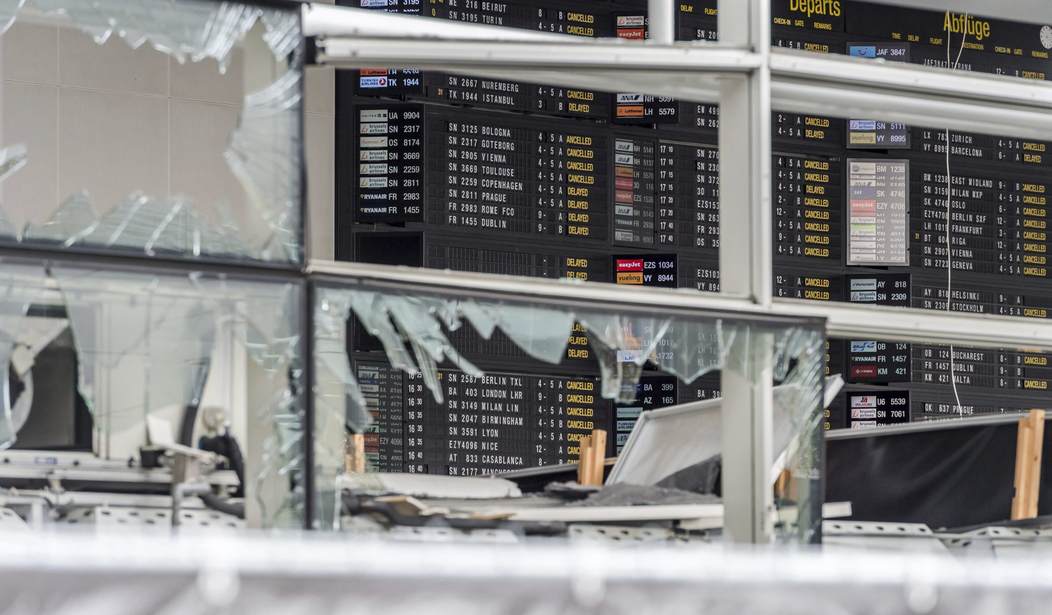The latest Global Terrorism Index released today found that global deaths from terrorism have decreased for the second year in a row, though deaths in Europe rose from the increased use of low-tech methods such as vehicle ramming attacks.
The annual survey from the Institute for Economic and Peace found that while terrorism deaths peaked in 2014 they dropped 22 percent in 2016, making last year “a turning point in the fight against radical Islamist extremism.”
The plunge is due to decreased terrorism deaths in four of the five most affected countries — Syria, Pakistan, Afghanistan and Nigeria. Because of a fracture within Boko Haram and greater coordinated efforts to fight the brutal terror group, deaths in Nigeria dropped dramatically — by 80 percent. “The ten countries with the largest improvements experienced 7,348 fewer deaths while the 10 countries with the largest deteriorations experienced only 1,389 terrorism deaths,” the report notes.
The country that suffered most from terrorism in 2016 was Iraq, which accounted for 40 percent of the overall 49 percent rise in deaths at the hands of ISIS and affiliated terrorists over the year.
In Organisation for Economic Co-operation and Development countries, though, including the United States, Canada, Australia and most of Europe, terrorism deaths were at their highest number since 1988. More terrorist attacks were also foiled in these countries, with 19 percent of plots stopped in 2015 up to a 34 percent foil rate in 2016.
“While the global numbers of deaths and attacks improved in 2016, other trends are disturbing. More countries experienced at least one death from terrorism. This is more than at any time in the past 17 years and reflects an increase from 65 countries in 2015 to 77 in 2016,” the report notes. “Two out of every three countries in the Index, or 106 nations, experienced at least one terrorist attack. This is an increase from 95 attacks in the prior year.”
The report called “troubling” the potential “for many hardened fighters and leaders to leave Iraq and Syria to join new radical permutations of ISIL or existing ISIL affiliates in other countries.”
Attacks against civilian instead of military targets rose 17 percent across the globe, while the OECD countries accounted for one percent of the world’s terrorism deaths.
Attacks in Europe also cost less, with most self-funded without external support at less than $10,000. The economic impact of terrorism around the world was estimated at $84 billion, seven percent lower than in 2015.
Europe saw 630 terrorist attacks in 2016, resulting in 826 deaths; North America experienced 58 attacks and 68 deaths.
The Middle East and North Africa suffered 4,732 attacks and 13,512 deaths. The safest area as far as terrorism was Central America and the Caribbean, with six terrorist attacks and 12 deaths last year.
“A study across Europe found that 57 per cent of individuals had been in jail prior to becoming radicalised while 31 percent of incarcerated individuals began the radicalisation process while in jail,” the report noted. “Investigations into the 2015 and 2016 attacks in Brussels and Paris revealed that the attackers had been involved in drug trafficking as well as organised crime, including the illegal sale of weapons and production of forged documentation.”









Join the conversation as a VIP Member